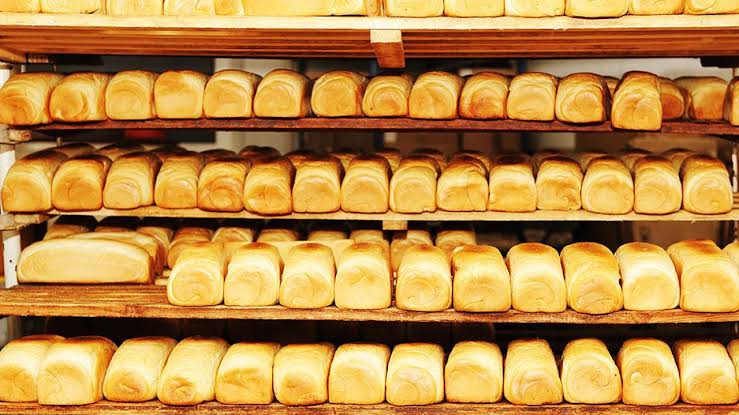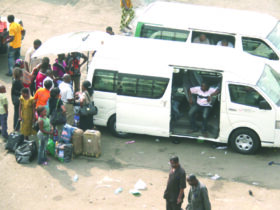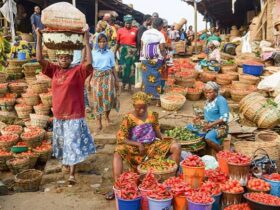Kogi State residents are to pay more for bread as bakers called off their four-day old strike and increased prices of the essential commodity in the state.
The News Agency of Nigeria (NAN) reports that the bakers had on Tuesday in Lokoja, embarked on strike to protest the high cost of flour, Sugar and fuel, negatively affecting the production and distribution of bread across the state.
Chief Gabriel Bamidele, Chairman, Kogi Bakers Association, told NAN on Saturday that prices of all categories/sizes of bread had increased following the hash economic condition in the country.
Bamidele disclosed that the four-day strike had been called off with slight increase in the prices of bread.
“As an association, we have resolved that the first three small categories/sizes of bread will attract only N50.00 increment while the bigger ones will attract a N100.00 increment.
“This means a bread that was sold for N100, N200 and N250 will now cost N150, 250 and N300.
“Also the big ones that used to cost N800, N1000, N1200 and N1400 will now cost N900, N1100, N1300 and N1500 in the market.
“These increments became imperative in view of the high cost of flour, sugar, petrol and engine oil in the country today.
“We hope that the public will understand our plights and cooperate with us to keep us afloat in business,” he said.
The chairman explained that three months back, a bag of flour cost between N38,000 and N40,000 while a bag of sugar cost between N58,000 and N60,000.
Today a bag of flour is N58,000 while that of sugar is N85,000.
He added: “The cost of distribution is another, coupled with the increase in prices of engine oil, whose carton rose from N35,000 to N62,000.
“A car tyre that used to cost N18,000 is now N40,000, aside the cost of petrol, which is between N650 and N700 per litre at the filling stations.”
He said that bakers now spent between N28,000 and N30,000 to distribute their bread across the state, very high above the N5,000 cost before.
“We all go to the same market and are very much aware how costly things are due to the economic hardship in the country.
NAN reports that during the four days strike, bread was almost off the streets, as only a few were seen on the shelves of some super markets and shops. (NAN)










Leave a Reply